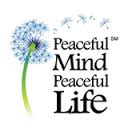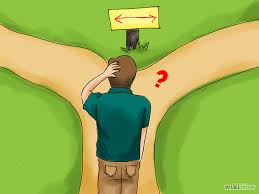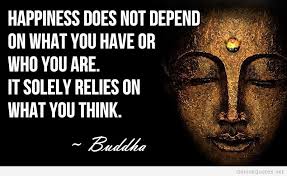Contemplation #16
“When an inner situation is not made conscious it appears outside as fate.”
Carl Jung
Legend has it that the words “Know Thyself” were written on the forecourt of the Temple of Apollo at Delphi by seven sages of ancient Greece. Both Plato and Socrates employed the maximum extensively in their writings and teachings. It is a saying familiar to us all. But what does it truly mean to “Know Thyself?”
To answer this question, it might be helpful to recognize that cognitive psychologists tell us that the conscious mind processes about 40 bits of information every second. That seems quite efficient until we compare it to the unconscious mind which processes over 20 million bits of information every second. Clearly, the conscious mind does not occupy the seat of power and authority in the functioning of the mind!
Carl Jung, the late great psychologist of the 20th century, was addressing the power of the unconscious when he declared that any inner situation, which is not made conscious, will appear outwardly as fate. This is another way of saying that any emotional issue which is avoided will grow stronger, and eventually manifest itself outwardly with a force that can no longer be denied.
To “Know Thyself” Is to engage in an honest evaluation of oneself on an ongoing basis. This includes listening to the critical feedback of others, without blame or defensiveness, judgment or denial. Another key to honest self evaluation involves learning to quiet the mind so that unconscious material is given an opportunity to surface for critical review. Many keep themselves in a constant state of activity throughout their day in order to escape the stress of dealing with issues they feel inadequate to address. Deep down they fear the thoughts and emotions which might surface if they slow down enough to allow the noise and turmoil of the outer world to subside.
Pascal, the famous 16th century mathematician and philosopher once wrote:
“All man’s misery derives from not being able to sit quietly in a room with himself.”
To know oneself is to take time for inner reflection. It is to fear nothing which one’s deep inner self might reveal. This is a frightening proposition if you are not firmly grounded in the belief that at your core is pure goodness. In The Course In Miracles, it is written:
“You are a work of God, and his work is wholly lovable and wholly loving.
This is how you must come to think of yourself in your heart, because this is what you are.”
Carl Jung also once wrote that “in each of us is another we do not know.” The journey through life must include a journey of self exploration if life is to be truly meaningful. The more we learn about ourselves, the more we grow. The more we grow, the more we discover the perfect love that is within us; the perfect peace Jesus called,”the kingdom of God within.” ( Luke 17:21)
To truly “Know Thyself” Involves a willingness to be quiet, settle down, and make time for self reflection. It’s all too easy to allow the busyness of life to distract us from what is truly meaningful, and what is truly meaningful for each of us is written in our hearts. When we take the time to listen to the deep silent voice within, what we discover is nothing short of miraculous. Once again, to quote Carl Jung:
“The least of things with a meaning is worth more in life than the greatest of things without it.”
I encourage you to find time to relax, settle down, and self reflect. The insights and wisdoms you discover within yourself can amaze and delight you. As we grow in our understanding of ourselves, we grow in our ability to manifest more fully the person we were created to be. Life is demanding and it’s easy to fill every minute of every day with some type of outward task or activity. I encourage you to make it a life discipline to fill some minutes every day with relaxation and inner self reflection. It may very well be the greatest gift you ever give yourself.

![1119963_meditation___[1]](http://rebmanconsulting.com/blog/wp-content/uploads/2009/07/1119963_meditation___1.jpg)







